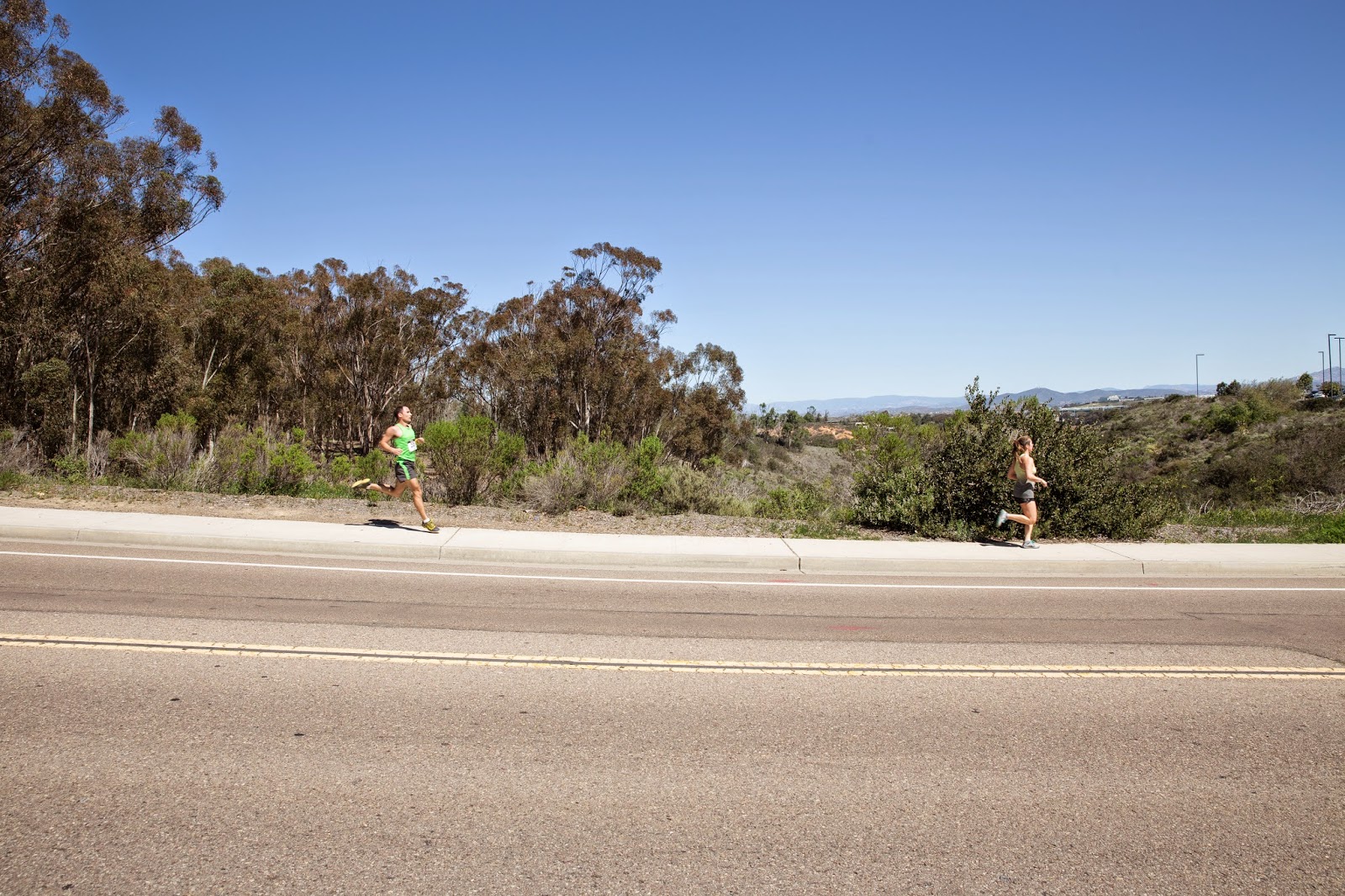 |
| UC San Diego computer science PhD candidate Oscar Beijbom |
Many students who complete a masters or PhD at UC San Diego
Jacobs School of Engineering will go on to become entrepreneurs, launch
startups, advance cutting-edge engineering research, and pioneer new frontiers
for the field of engineering. Research Expo provides a unique opportunity to
network with over 210 engineers of the future in one place and time.
We’re taking this opportunity to introduce you to a few graduate
students at the Jacobs School in advance of the event on April 16, 2015. To
start, we sat down with Oscar to learn more about his research and the impact
he hopes it will have in the future.
Q: Why UC San Diego?
A: I came to UC San Diego for my PhD to explore the
interactions between machine learning and conservation and sustainability. I’ve
always been intrigued by the ability we have to teach computers to do useful
things. For example, before joining UC San Diego, I used machine learning to
teach a computer to recognize the motions of falling off of a bike and used
that in turn to create an airbag bike-helmet. Check out that project here.
Q: What did you
decide to study when you arrived, and why?
A: I was given two choices for my project when I first
arrived – coral reef ecology or face recognition for the Navy. While both
projects sounded exciting, it was a no-brainer for me to choose coral reef
ecology.
Q: Why’s that?
A: UC San Diego is unique in that it has Scripps Institution
of Oceanography (SIO), a world-leader in ocean-science, conservation and
sustainability. I was glad to be given the opportunity to be a part of the collaboration
between the Jacobs School of Engineering and Scripps.
Q: What’s new in
coral reef ecology?
A: Climate change stressors such as ocean-acidification are
causing the decline of coral reef ecosystems all over the world, and it is
imperative that decision makers have accurate data. Thanks to advances in the
speed of data collection such as the proliferation of underwater autonomous or
remotely operated vehicles, millions of images are collected every year. The
problem is that researchers spend too much time annotating coral reef images in
order to identify the organisms and substrates that are present in each image.
Q: How can engineering
solve that problem?
A: Under the supervision of my PhD advisor, professor of
computer science and engineering David Kriegman, we
created an algorithm that annotates the images and learns as it goes. The
algorithm relies on color and texture descriptors. We have made it available to
coral reef researchers on our site, CoralNet.
A: The site allows researchers to upload their survey images
and annotate them in the web-browser. On the back end, a computer learns from
the annotations and suggests annotations for the remaining images.
Q: Why is it so
important that researchers be able to reduce the time it takes to annotate
these images?
A: Manual annotation is the bottleneck between the time it
takes to capture images, which can be done quickly, and the ecological data
that decision-makers such as reef managers or politicians use to implement critical changes in
reef-management, marine-protected-areas, urban planning, agricultural runoff,
etc.
Q: What impact do you
see your research having on the way coral reef ecology is done in the future?
A: The algorithm is capable of reducing manual effort on the
average reef survey by 50 percent. This can be quite significant both in terms
of cost-savings an in terms of enabling larger-scale studies. For example, the Coral
Reef Ecosystem Division of the National Oceanic and Atmospheric Administration
(NOAA) spends approximately $100,000 a year annotating these images. That
translates to a $50,000 cost reduction using machine learning.
Oscar will present a poster at Research Expo 2015 titled,
“Automated annotation of coral reef survey images”.
Have we peaked your interest? Visit http://www.jacobsschool.ucsd.edu/re/
to see the posters and program and to register.

---Resized.jpg)





















.jpg)
.jpg)
.jpg)
.jpg)
.jpg)
.jpg)
.jpg)
.jpg)










